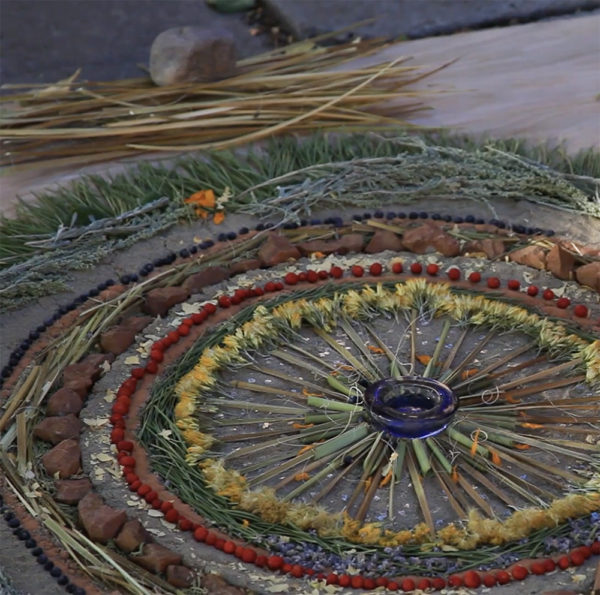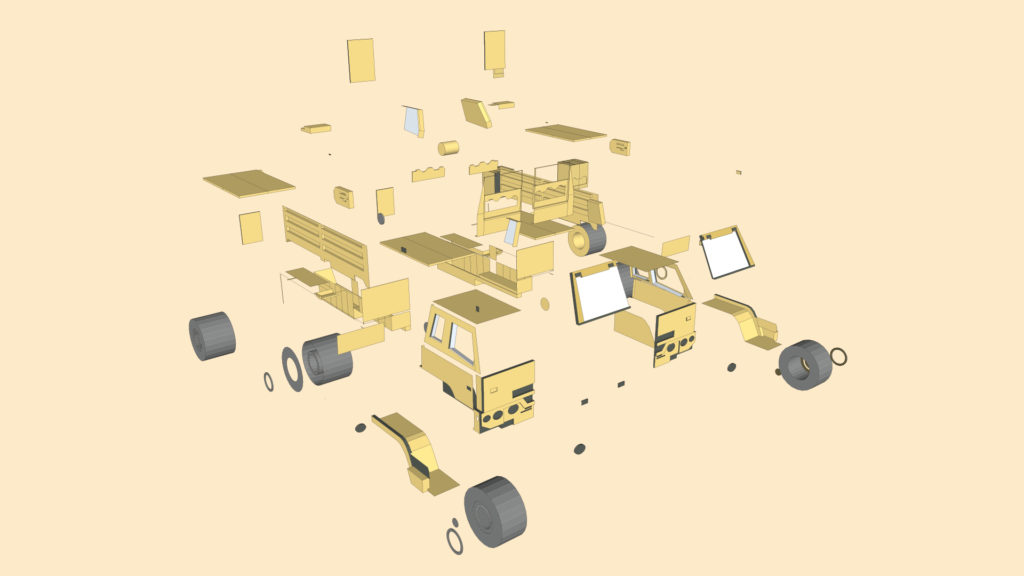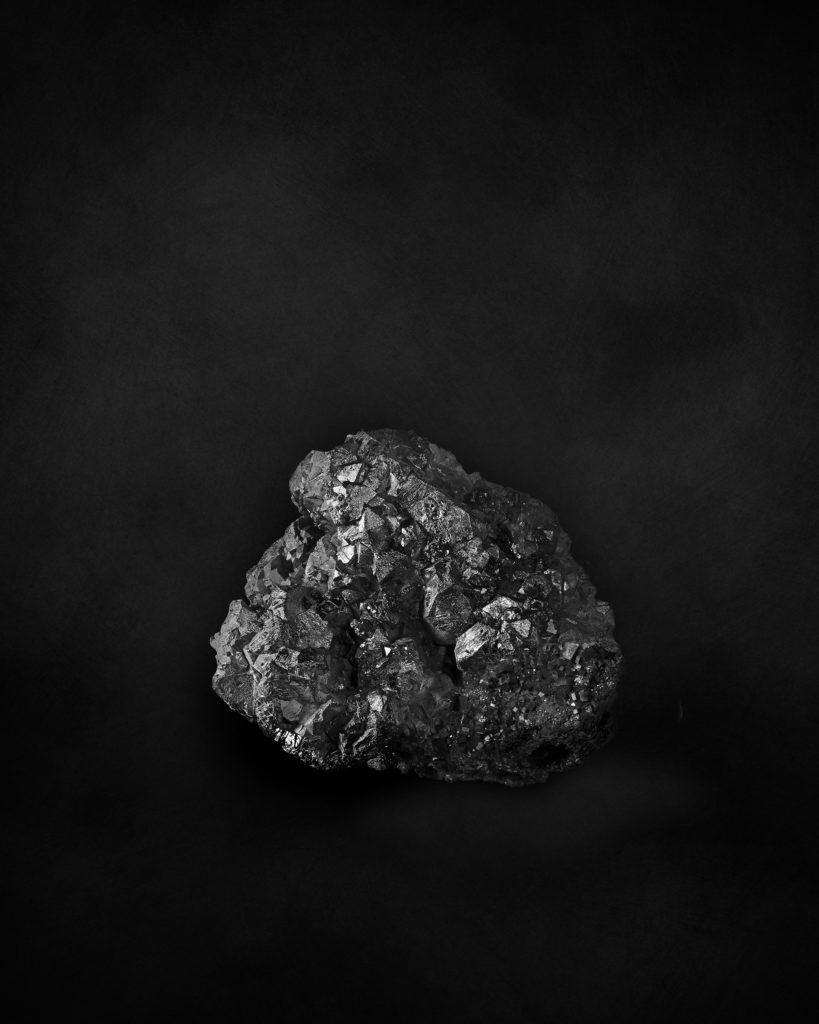
Earth mandala by cultural artist Venaya Yazzie as part of the culminating performance of SEEDS : REGENERATION, a collaborative project by ABOG Fellow Rulan Tangen’s indigenous dance company Dancing Earth and native community members of the southwest Four Corners region, in Ute and Diné territory as hosted by Fort Lewis Community Concert Hall, Durango
Note: This program is free and open to the public, but space is limited! RSVP via Eventbrite here.
ABOG presents the premiere of three new FIELDWORKS films in a special program that encompasses performance, screening, and conversation. In “Decolonizing the Land, Decolonizing the Mind,” we’ll imagine a more inclusive future in which indigenous and POC communities are thriving and creating alternative systems and technologies to protect people and the environment, disrupting longstanding biases and imperialist aggression. The program is presented in conjunction with the BRIC exhibition, Mary Mattingly: What Happens After, a new multimedia commission that explores the connection between mineral mining and the massive military industrial complex and its profound effects on the environment, individuals, and communities.
The program will begin with a short performance by artist Maria Hupfield (Wasauksing First Nation), who will use the “What Happens After” exhibition as a stage for a 15-minute, site specific intervention where she will interact with and respond to items in the gallery. This performance expands on Hupfield’s work introducing and activating her own creations to locate personal liberation.
The performance will be followed by film screenings documenting projects by ABOG Fellows Black Quantum Futurism, Stephanie Dinkins, Rick Lowe, and Rulan Tangen. The films demonstrate artistic practices that fight gentrification through Afrofuturist philosophies; expose how racism is built into emergent artificial intelligence technology; combat xenophobia against refugees; and center Indigenous artistic and ecological knowledge through collaborative dance. A conversation with ABOG Fellows Mary Mattingly and Stephanie Dinkins, as well as Maria Hupfield, will follow. Artist and racial equity trainer Nayantara Sen of Art/Work Practice will moderate. FIELDWORKS is produced by Rava Films.


Mary Mattingly, from “What Happens After?” at BRIC, 2018

Mary Mattingly, Cobalt, from “What Happens After?” at BRIC, 2018
ABOG public programs are made possible in part by the New York State Council on the Arts with the support of Governor Andrew M. Cuomo and the New York State Legislature; the support of the American Chai Trust; and, in part, by public funds from the New York City Department of Cultural Affairs in partnership with the City Council.
